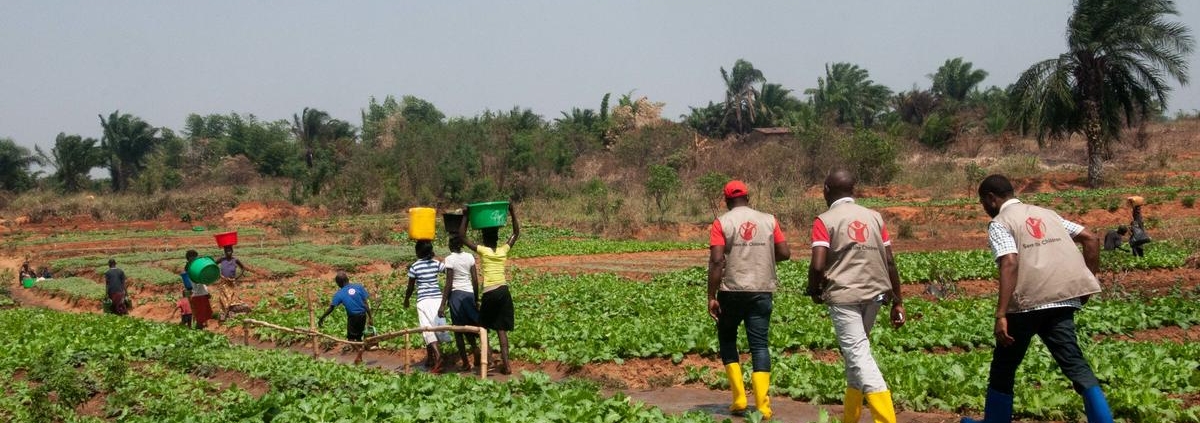Cholera Resources Guidance
Author: International Federation of Red Cross and Red Crescent Societies
This guidance is a live document aimed to support Red Cross and Red Crescent National Societies and partners with key available thematic guides, tools, and resources on cholera. This document does not fully exhaust all cholera materials but intends to compile some of the most important ones to support different countries at field level.
View the guidance in English here.
Key resources to consider which tools and resources can be used to implement core activities:
1. Understanding the situation (context analysis):
• RCCE Collective Service context analysis tools
• Community Engagement and Accountability Tool 13 CEA in Assessment (section 2 – context analysis)
• Relevant questions for quick context analysis
2. Rapid assessments and insights
• RCCE Collective Service compilation of a questions bank for assessments
• Cholera basic Household questionnaire
• Cholera rapid risk WASH assessment tools
• Cholera Standard Focus group discussion (FGD)
• ORP – Gender Diversity Minimum Standard Commitments in Emergency Programming Assessment Tool
• Rapid Anthropological Assessments in the Field
• Rapid Remote Context Analysis Tool (RR-CAT) in Epidemics
3. Coordination and planning
• Community Engagement and Accountability Tool 4 CEA Strategy Template
• IFRC guidelines for planning hygiene promotion in emergency operations
• Epidemic Control Tookit – Cholera – for community volunteers
• Epidemic Control Toolkit – Cholera – for response managers
• Global Task Force on Cholera Control – Cholera Outbreak Response Field Manual
• Global Task Force on Cholera Control – Cholera app
• ICRC chlorine solution calculation app
4. Implementation
• RCCE Collective Service implementation and monitoring resources for cholera
• Social, behavioural and community dynamics related to the cholera outbreak in Malawi


This website is made possible by the support of the American People through the United States Agency for International Development (USAID) under the READY initiative. READY (not an acronym) is supported by USAID’s Bureau for Democracy, Conflict, and Humanitarian Assistance, Office of U.S. Foreign Disaster Assistance (OFDA) and is led by Save the Children in partnership with the Johns Hopkins Center for Humanitarian Health, the Johns Hopkins Center for Communication Programs, UK-Med, EcoHealth Alliance, and Mercy Malaysia. The contents of this website are the sole responsibility of Save the Children. The information provided on this website does not necessarily reflect the views of USAID, any or all consortium partners, or the United States Government, and is not official U.S. Government information.


